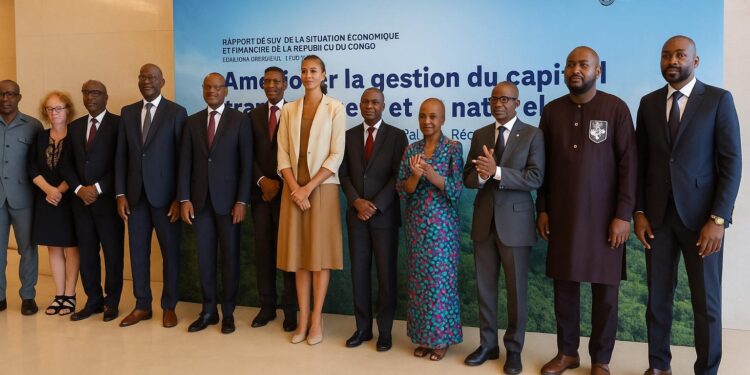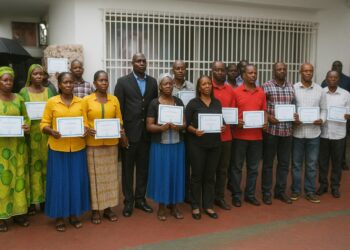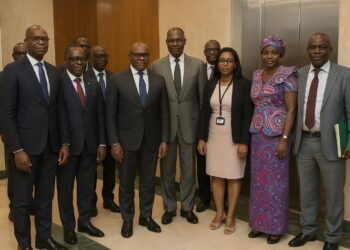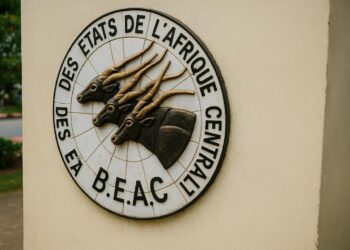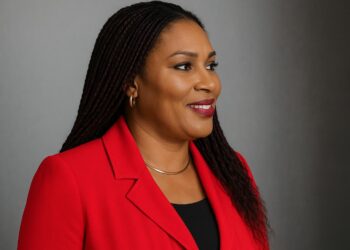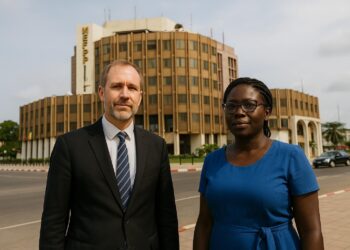World Bank urges fiscal discipline
Speaking in Brazzaville on 23 September, World Bank West and Central Africa Director Cheik Fantamady Kanté delivered a crisp message: improving debt and cash management is no longer optional for the Republic of the Congo; it is the pre-condition for translating growth into shared prosperity.
His remarks framed the launch of the twelfth Congo Economic Update, whose subtitle – ‘Enhancing produced, human and natural capital to lift living standards’ – positions fiscal discipline as the fulcrum on which education, health, infrastructure and environmental ambitions must pivot.
Kanté confirmed the Bank’s readiness to support quick technical fixes and longer-term institution building, stating, ‘our commitment to accompany Congo’s quest for job-creating growth is unwavering’.
Debt and cash management pinch points
The Update singles out inconsistent cash forecasting, fragmented payment controls and limited transparency around state-owned enterprise obligations as key pressure points that elevate borrowing costs and crowd out social spending.
Although headline debt has stabilised since the 2019 restructuring, the report suggests the composition of liabilities remains skewed towards short-term instruments, exposing the Treasury to rollover risk whenever oil prices soften.
To mitigate that vulnerability, World Bank analysts urge adoption of a single Treasury account, automation of payment circuits and routine publication of cash-flow tables, measures already practised by several peer economies in the Central African Monetary Union.
Balancing growth, equity and nature
Beyond balance-sheet repairs, the Update argues that Congo’s comparative advantage in forests can underpin a diversified growth model, provided incentives steer logging, agroforestry and agriculture toward value addition at home rather than raw exports.
For international climate-finance stakeholders, such positioning could align Congo’s deforestation-reduction pledges with revenue generation, turning conservation into a macroeconomic rather than purely ecological agenda.
Non-oil resilience under scrutiny
Economy Minister Ludovic Ngatsé portrayed recent shocks as a stress test the economy passed, citing stronger tax and customs collection even as the oil share of revenue is projected to fall from 59.8 percent in 2023 to 49.6 percent in 2025.
Non-oil output expanded 11.2 percent over the last three years, a performance the government frames as evidence that diversification policies are gaining traction despite global supply-chain volatility.
Kanté’s team nevertheless warns that higher volumes outside hydrocarbons necessitate complementary reforms in logistics, customs and contract enforcement to avoid non-tariff barriers eroding the competitive edge.
Employment paradox
A central paradox emerges: while non-oil GDP is rising fast, formal job creation averaged only 3.8 percent, insufficient to absorb the youthful labour force entering the market each year.
The Update attributes the gap to skills mismatches and limited access to finance for small and medium businesses, echoing private-sector complaints about collateral requirements and interest-rate spreads.
Training programmes aligned with industrial clusters, coupled with digital credit-scoring tools, are flagged as cost-effective levers capable of lifting employment without straining the budget.
Infrastructure deficit and private capital
Access to reliable electricity remains the binding constraint most frequently cited by domestic manufacturers and agribusinesses, according to both ministerial surveys and the Bank’s fieldwork.
Ngatsé acknowledged the bottleneck and confirmed that project-preparation facilities are being designed to accelerate private-public partnerships in transmission and distribution, a step he said will ‘deepen non-oil growth while respecting fiscal ceilings’.
For investors, the policy signals are clear: a leaner Treasury, stricter disclosure and sector-specific incentives could converge to create bankable opportunities across education, health, renewable energy and sustainable forestry, provided execution keeps pace with the reform narrative.
Cash-management reform roadmap
The Economic Update outlines a phased calendar beginning with a detailed cash-flow census across ministries, followed by migration to an integrated financial management information system designed to track commitments in real time and flag arrears before they accumulate.
Pilot testing is expected to concentrate on the health and education sectors, areas where late payments have historically disrupted service delivery and generated reputational risks for both government and donors.
World Bank specialists argue that early wins in these socially sensitive ministries can build public confidence and open political space for deeper reforms such as a Treasury single account and medium-term expenditure frameworks.
Stakeholder reactions
Representatives of local chambers of commerce present at the launch welcomed the emphasis on transparency but pressed for concrete timelines, noting that previous reform plans sometimes lost momentum after initial workshops.
A civil-society economist interviewed on national radio viewed the report as ‘a pragmatic checklist rather than theoretical lecture’, while urging that data be released in user-friendly formats to allow independent monitoring.
Outlook for policy and investment
Both Kanté and Ngatsé converged on a sober outlook: global conditions remain fragile, yet Congo’s near-term prospects hinge more on domestic execution than external demand, given the envisioned shift toward human-capital-driven and forest-based activities.
If the treasury reforms materialise, the World Bank projects smoother expenditure cycles could shave procurement delays, improving the investment climate at a moment regional competition for capital is intensifying.
Investors expressed cautious optimism, citing coherent policy signals and ongoing World Bank support.

































